The topic of sleep is one that is nuanced (shocker, I know). We could spend hours and hours….even days talking about the importance of it. Sleep is vital for optimal health and what I want to do with this post is to review some of the bigger reasons as to why sleep is so important to begin setting the stage for future deep dives on the topic. A foundational understanding for you is my goal because ultimately if I can get you to understand and begin implementing simple and consistent changes, your health and your life will be radically transformed.
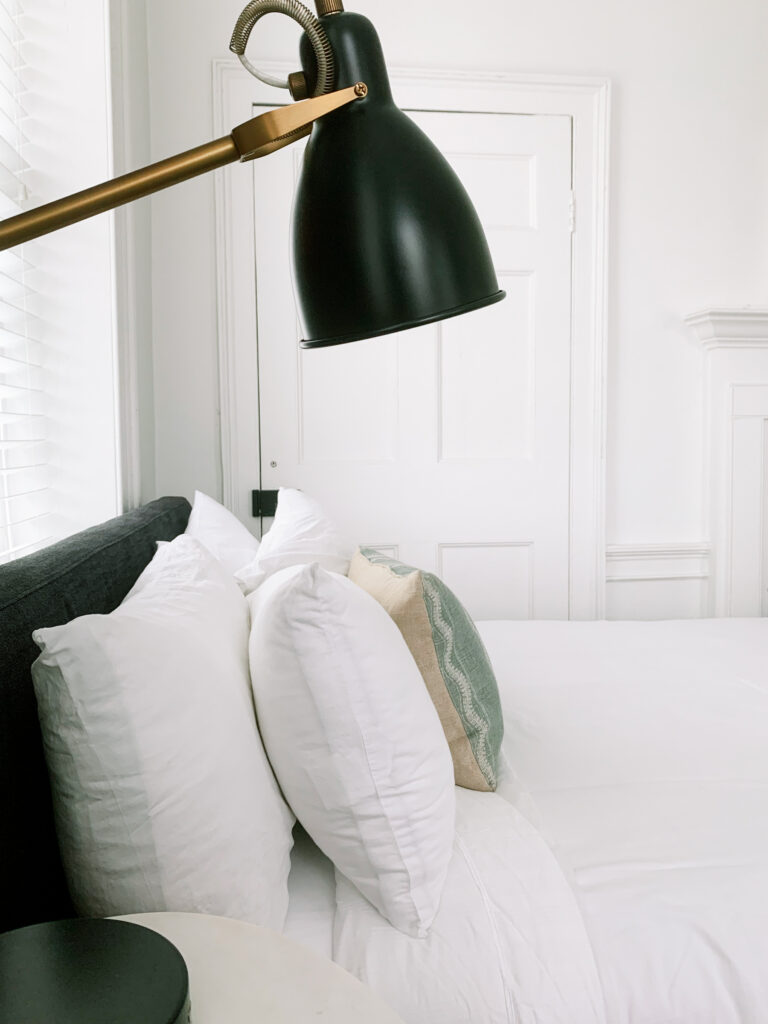
First…a preliminary question I often will get on sleep…”how much do I really need?”
A lot of researchers and sleep “experts” may debate the specific amount of sleep needed for optimal health. There are some complexities to this. Quick example…there are periods of life where one may need more sleep (obviously infants being first that come to mind for me right now because I have one). It has also been shown in studies that women need more sleep compared to men (this is due to specific hormonal issues we run into that men don’t).
However, with all of this said…I think a general rule of thumb for the majority of humans would be to configure sleep between sunset and sunrise. This is about 8 hours give or take. One of the reasons for this has to do with circadian rhythm. Circadian rhythm is a natural internal process that regulates sleep and also plays a big role in hormone regulation. Melatonin and cortisol, for example, are two hormones that have an inverse relationship as it relates to sleep. When cortisol is high, as it should be right after waking up, melatonin should be low. And when cortisol falls off and is at its lowest, melatonin should pick up.
When circadian rhythm is disrupted and that cortisol/melatonin relationship is off balance, sleep can become challenging. Not to mention, it will mess up other hormones as well. Remember…you can’t mess up one hormone in isolation and not have it affect another- there seems to always be a cascade effect.
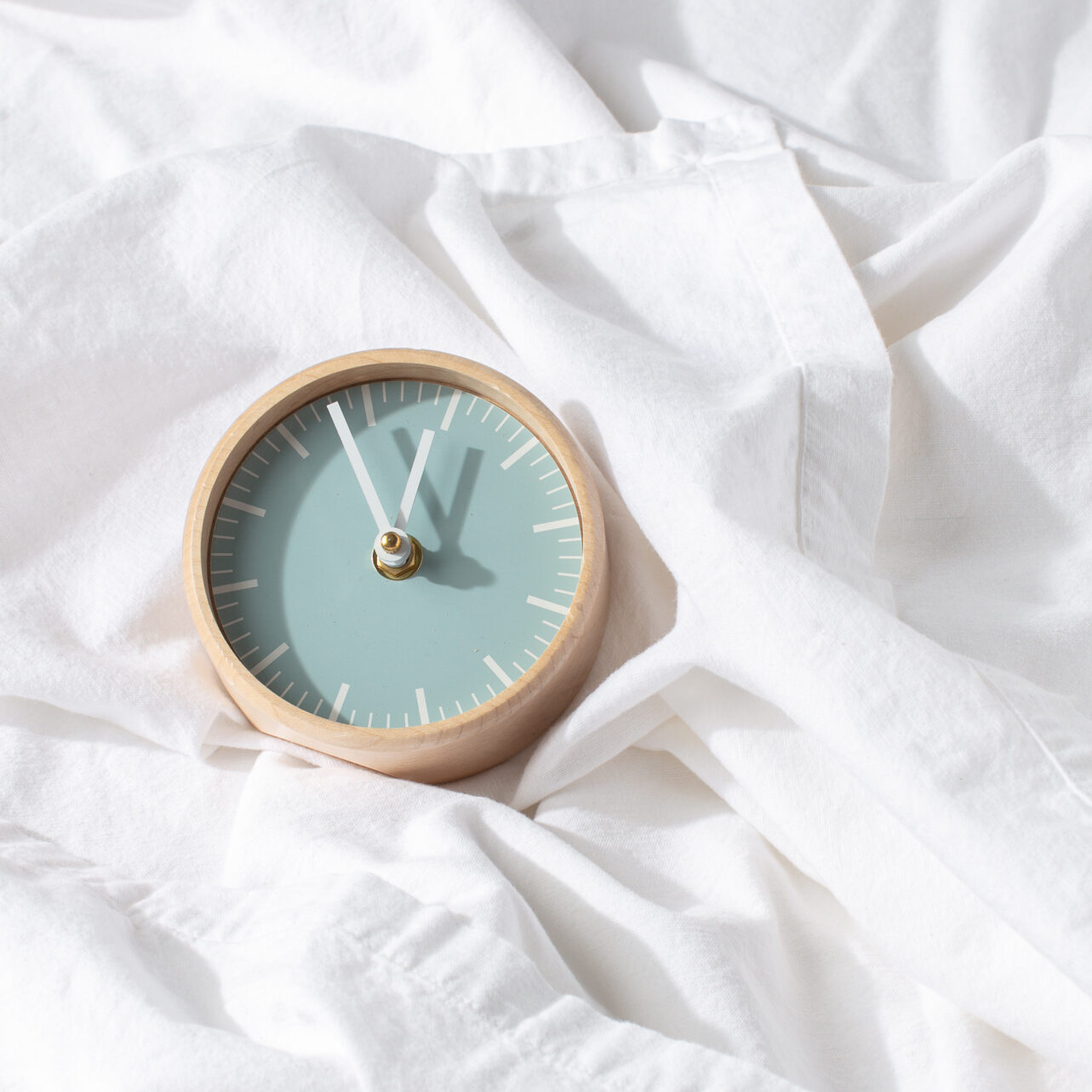
Another reason for getting around 8 hours of sleep is so that your body can go through all sleep cycles. A brief overview so you better understand…
There are two kinds of sleep. There is NREM (non rapid eye movement) and REM (rapid eye movement. NREM has four stages- stage 1 being awake or light sleep, stage 2 being light sleep, and stages 3 and 4 being deep sleep). As you are in the light stages of sleep your heart rate starts to decrease, your body temperature drops, and your electrical brain wave activity starts to slow down. As you move into deeper sleep your brain waves become a lower frequency and higher altitude- these are called delta waves. These waves are known to be the most restorative to the brain and body and also consolidates memory.
You may have heard me talk about the lymphatic system often. If you didn’t know already, your body also has a glymphatic system. This is like a waste management system for your brain and it does most of its work of ridding the brain of toxic waste during deep sleep.
REM sleep is when the brain waves speed up again and frequencies will flow between theta, beta, and gamma. This is also when we have the most vivid dreams. This part of sleep is crucial for ensuring the brain has creativity and can handle problem solving.
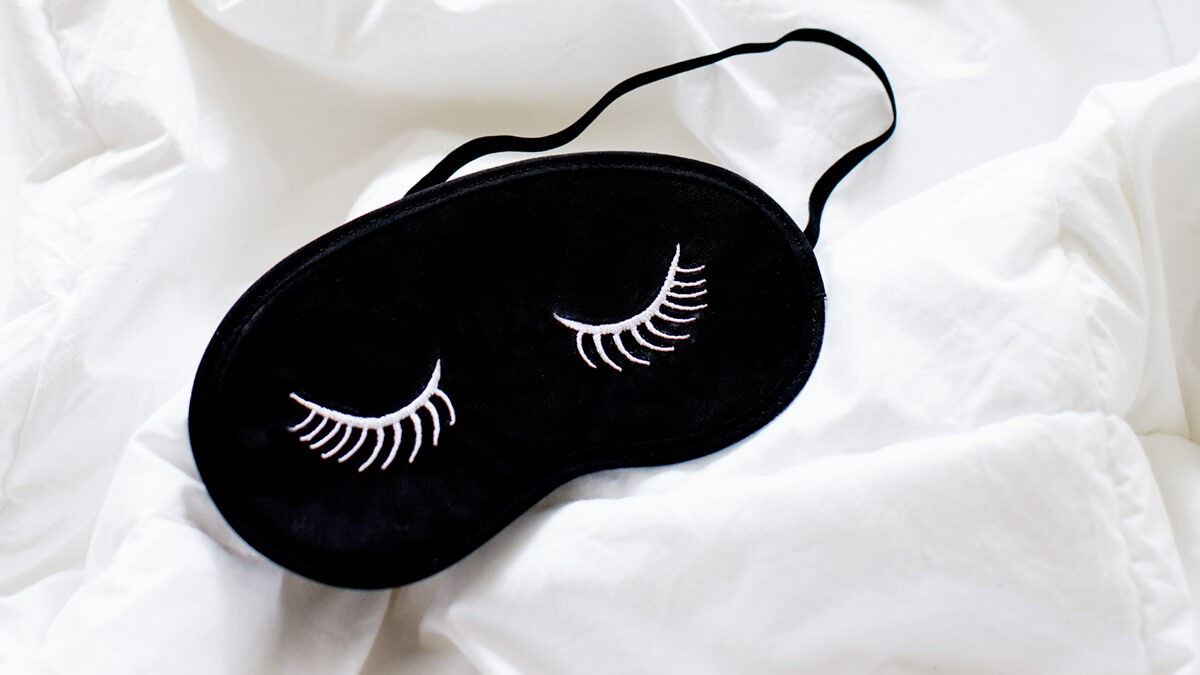
Optimally your brain will alternate between these two kinds of sleep, in 90 minute cycles, throughout the night. The first half of the night NREM will make up the majority of your sleep (particularly stages 3 and 4). The second half of the night, most of the 90 minute cycles will primarily be REM sleep (and some stage 2 NREM sleep).
So if you happen to be a night owl and go to bed really late…you can now understand why you feel as if you have terrible memory recall. It’s because you are missing out on a large chunk of your NREM sleep! On the flip side…if you are early to rise you may be missing out on some essential REM sleep and may feel like you can’t problem solve or tap into your creative brain. There is a reason for this and it’s why getting a full nights’ sleep consistently will optimize your health and lead to a clearer mind and ultimately…longevity!
One of the other big questions I get is “how can I track your sleep?” There are devices like smart watches and rings but believe it or not, I have come to actually be more opposed to them (outside of short-term data tracking). This is not just because of the unnecessary EMF exposure, but also because I believe we need to begin relying more on our own intuition. I would say to get a journal and begin asking some key questions to gather anecdotal evidence. Some questions to ask and consistently keep track of…
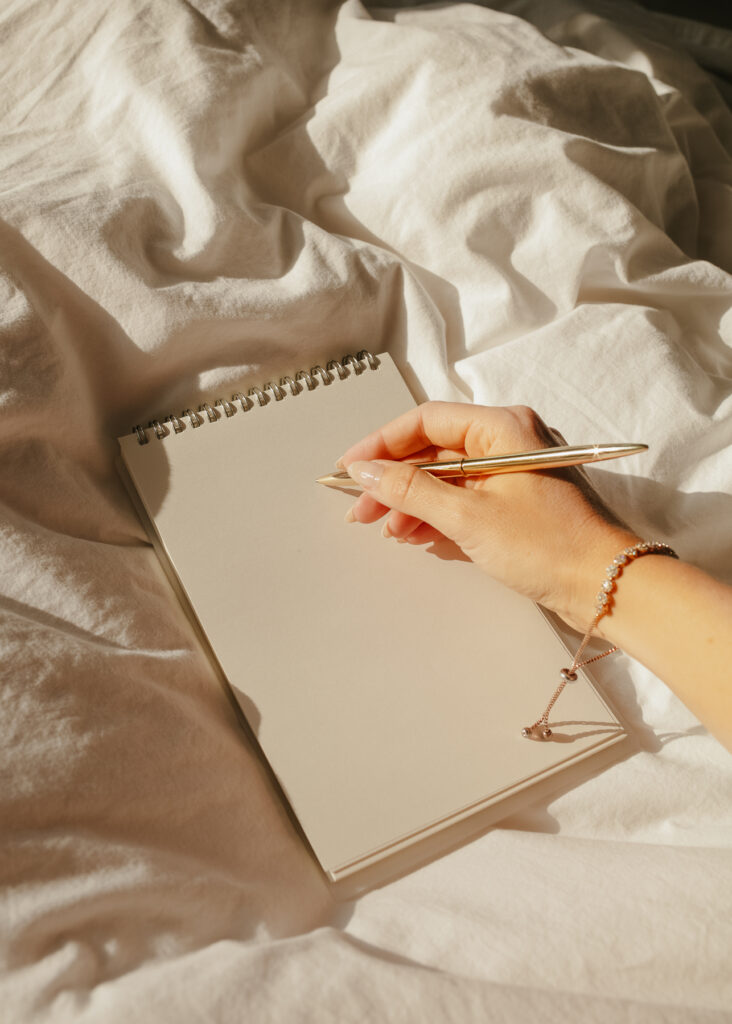
“What time did I go to bed? What time did I wake up? How long was I asleep for?”
“What did I do before bed? Was blue light involved?”
“How long did it take me to fall asleep?”
”How was my energy level from 1-10 when I woke up?”
“Does my energy begin to plummet mid day? If so, what time?”
“Do I remember tossing and turning in the middle of the night? If so, how often?”
“Did I get up in the middle of the night to pee or handle children? How often and what times and how long did it take me to fall back asleep?”
“Do I feel alert, creative, have good memory recall, and the ability to concentrate? If not…what is not 100%?”
“Did I look at my phone, computer, or TV before looking at the sunrise?”
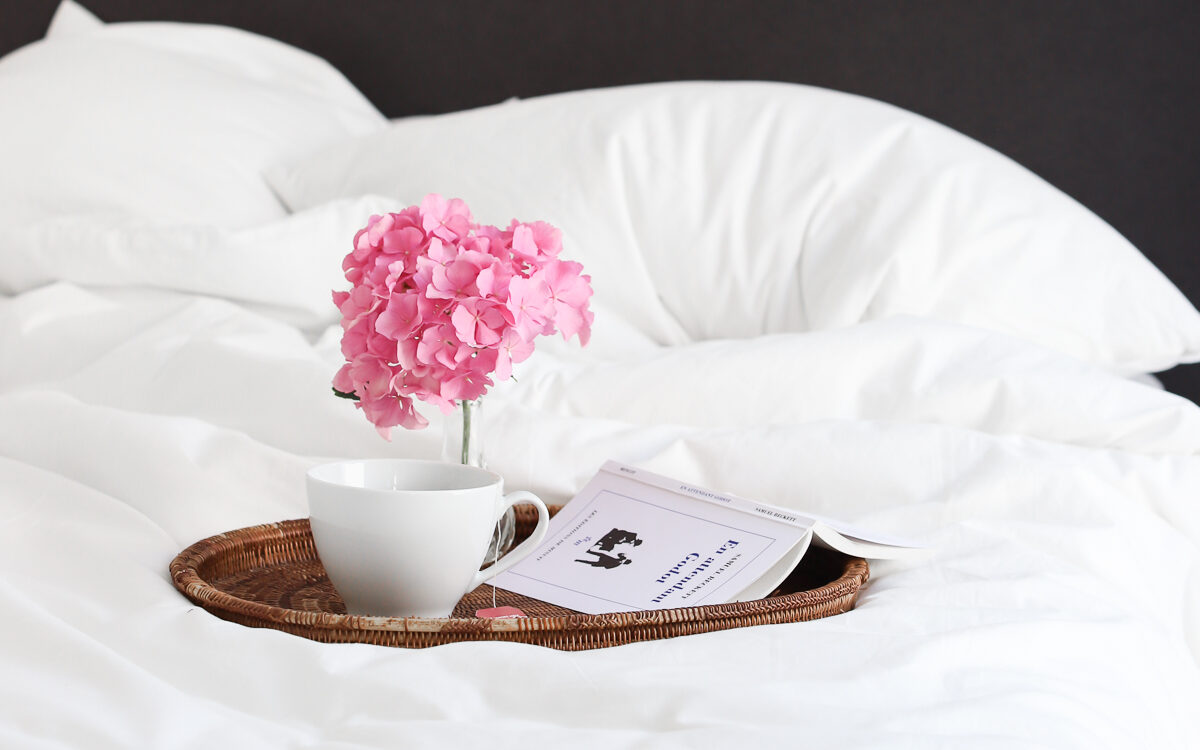
These are all valuable data points to have awareness around and gain insight into your health. If you care about improving your health, assessing your sleep is absolutely a must. It would be beneficial to track these questions over time and put your energy & efforts into improving areas that need improvement.
You will begin to notice as you read this blog series that all of the key pillars to optimal health weave together. For example…optimal breath, nutrition, hydration, sunlight, connection, and movement all contribute to optimal sleep. If one of the other pillars is weak…it can affect sleep.
Long story short, there is a method to God’s creation and while it is complex…there are some clues He left for us so we could work on strong foundations in order to be as healthy as we can be.
Until next time…
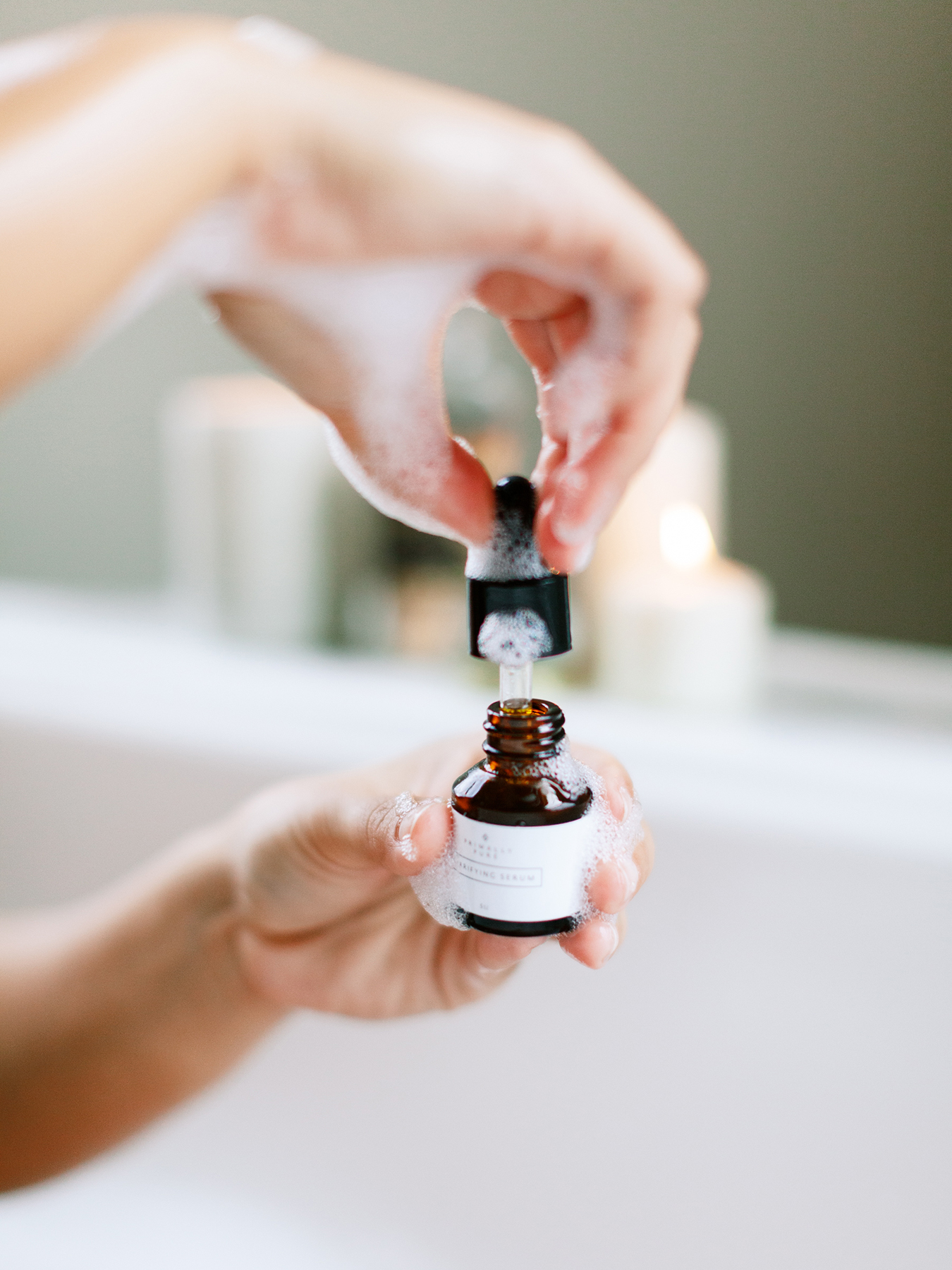
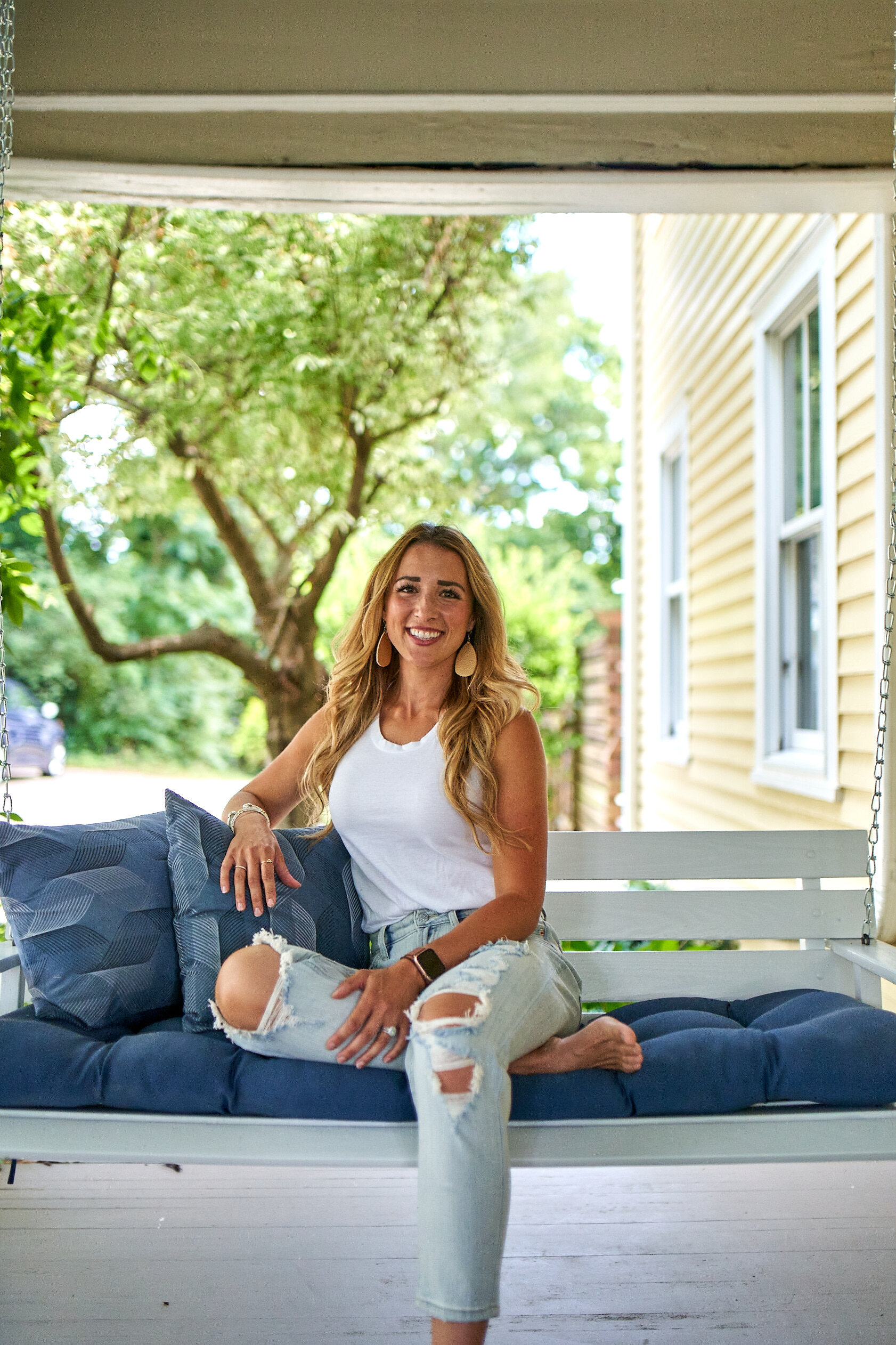



+ show Comments
- Hide Comments
add a comment